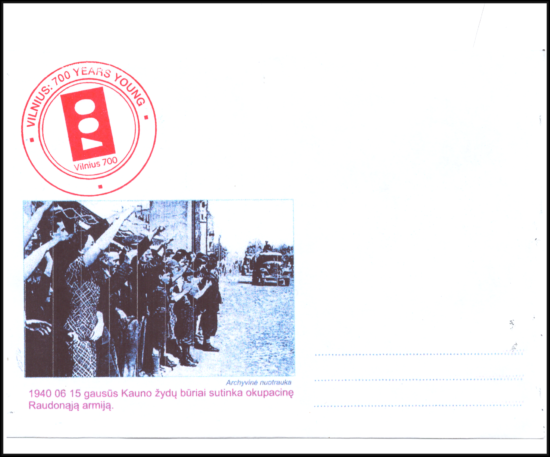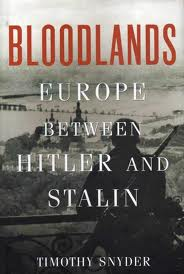PRAGUE DECLARATION | DOUBLE GENOCIDE | HISTORY | LITHUANIA
◊
OPINION
◊
by Roland Binet (De Panne, Belgium)
◊
In his book Crisis, War and the Holocaust in Lithuania, which I recently reviewed on these pages, historian Saulius Sužiedėlis virulently attacked those who in the past had opposed the Prague Declaration of 2008. When I read the list of signatories to the Prague Declaration signed in 2008, it makes me think of prisoners or detainees becoming free after having spent 45 years between four closed walls.
Getting free in the outside world and knowing next to nothing that has happened in the world at large during their detention. Most of these signatories, people of esteem, some of them heroes in their fight against Communist yoke, have suffered greatly and they yearn for recognition as victims of totalitarian crimes. But the only tangible contemporary phenomenon with some kind of kindred inhuman similitude they want to equate it with is — the Holocaust. So, oblivious to the manifold scourges the twentieth century has known worldwide, they signed on to the conclusion that “both the Nazi and Communist totalitarian regimes should be considered to be the main disasters, which blighted the 20th century” and “recognition of Communism as an integral and common part of Europe’s common history.” The declaration contains the word “same” five times, in support of the declaration’s underlying thesis that Nazi and Soviet crimes are absolutely — the same.
Is it possible to be so self-centered on one’s suffering as to become blind to history?



